Juba, the capital of South Sudan, isn’t exactly a city that oozes charm or luxury, but it’s the gateway to a country still finding its feet after decades of conflict. Heres the Juba City Guide
The city is a mix of grit, growth, and a bit of chaos. If you’re heading there, you’ll quickly realize it’s not a destination for soft travelers. Rather, it’s a place where life is hard, but there’s always something happening if you know where to look.
Juba City Guide – What To See And Do
Juba is not a city that’s heavy on tourist attractions, but it does offer some unique, if modest, experiences. One of the most notable landmarks is the Juba Nile, where you can take a stroll by the river or even a boat ride if you’re looking to escape the dust and heat. The Juba Mosque is also worth a quick visit, especially if you’re interested in the city’s religious diversity. However, don’t expect a quiet or contemplative experience; the crowds and the heat can make it a bit overwhelming.
Sadly a lot of the cool places to see such as parliament and the mausoleum are all but banned for tourists. This leaves things like the market, university and drinking as the main things to see and do. The rest of the joys of South Sudan such as the Mundari Tribe come when you exit the city.
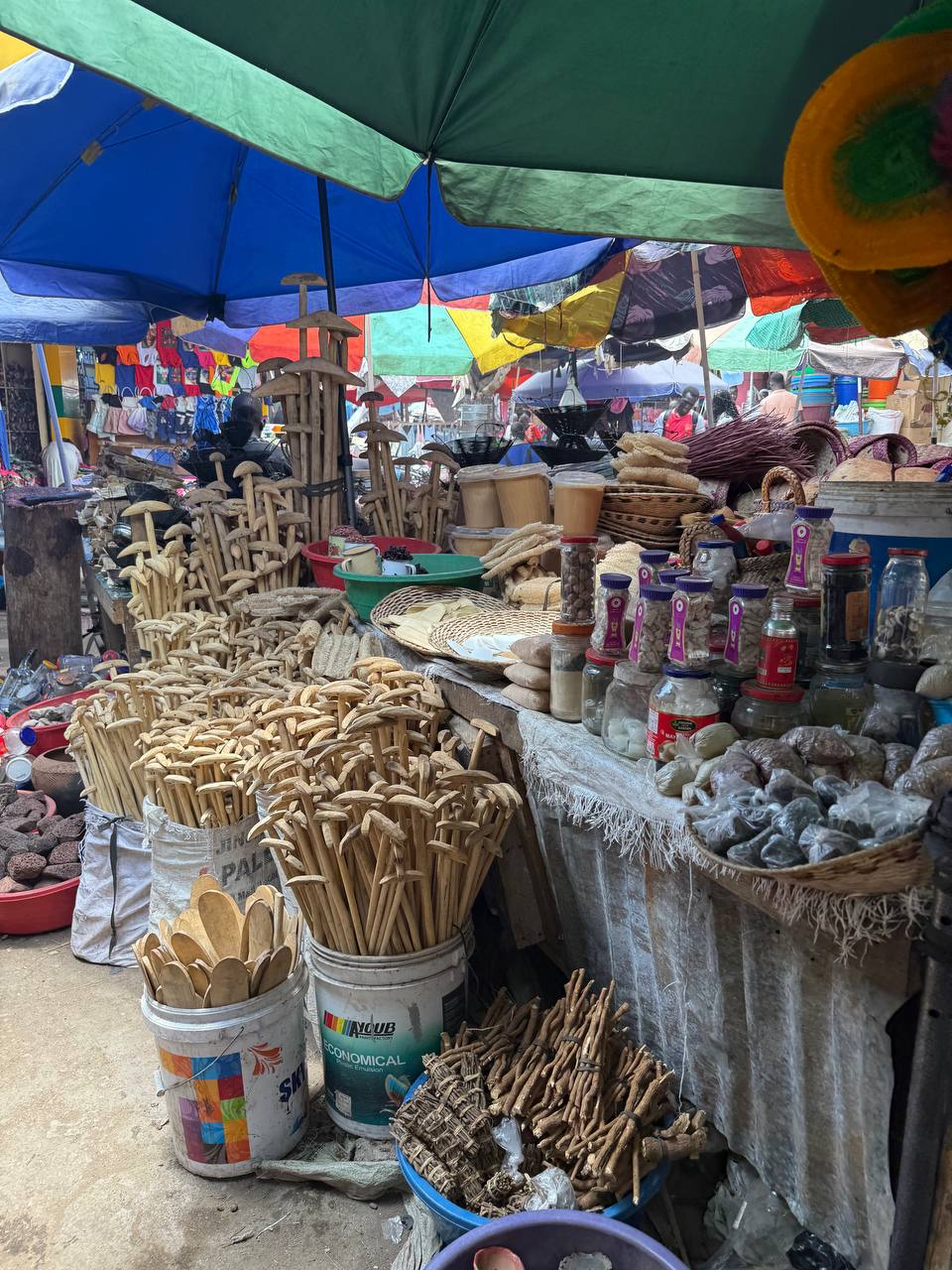
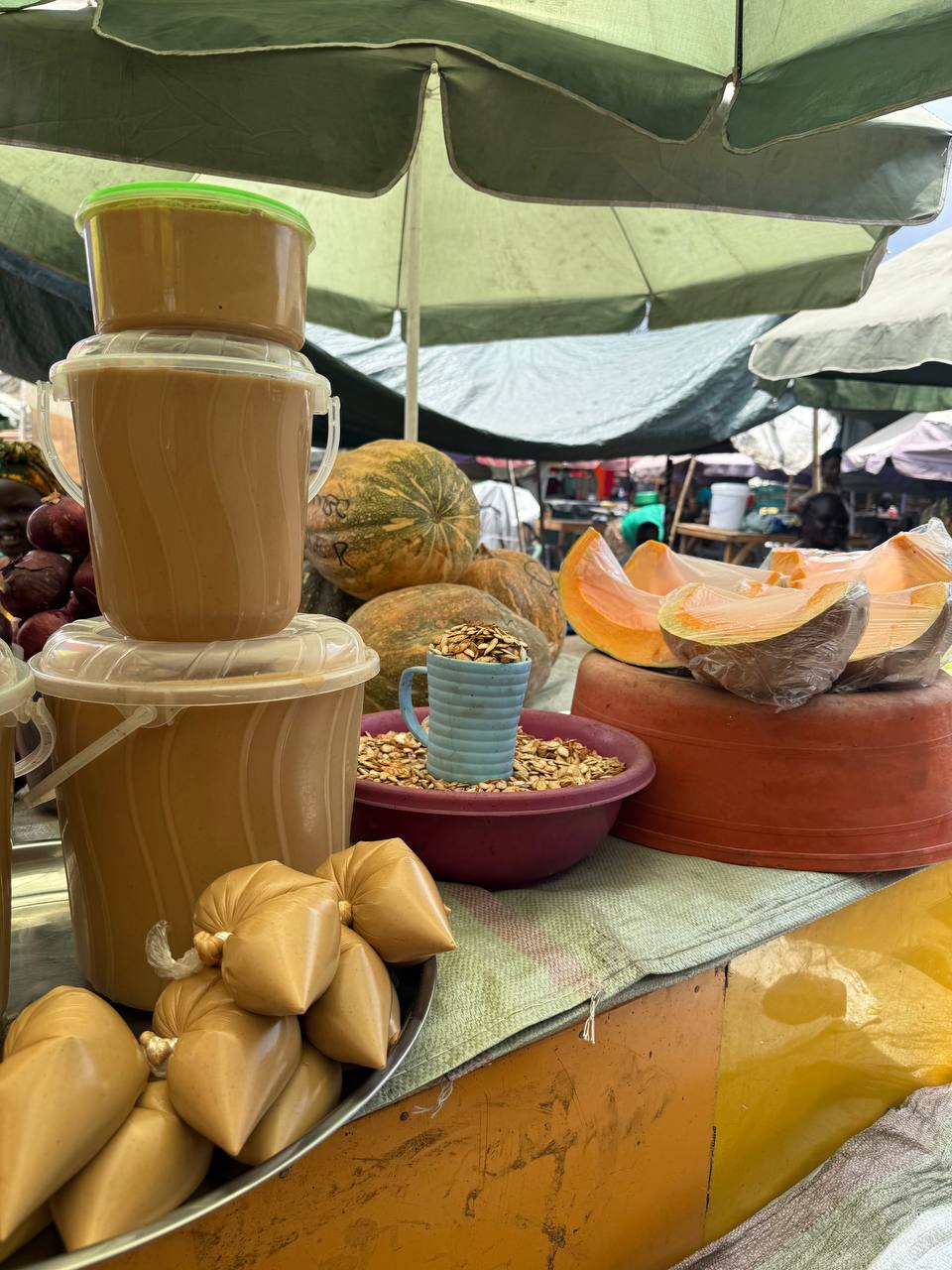
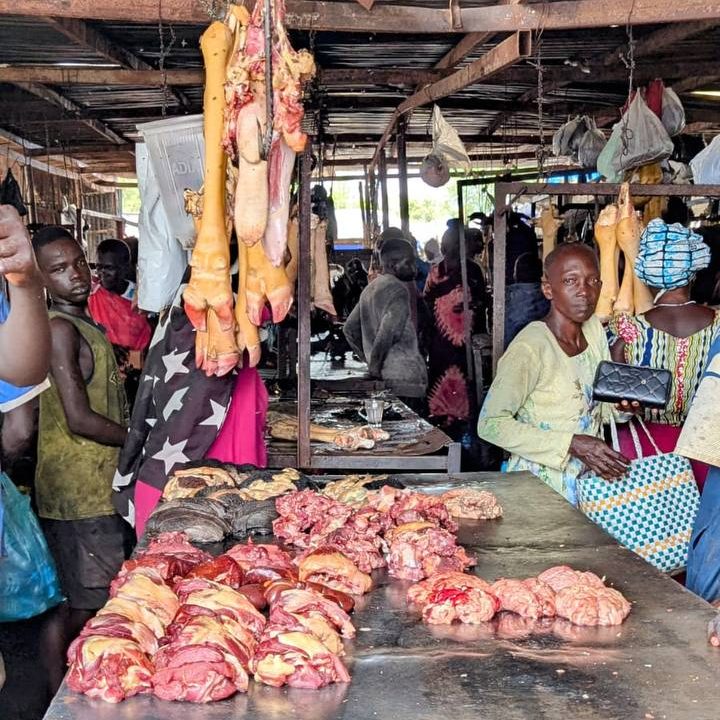
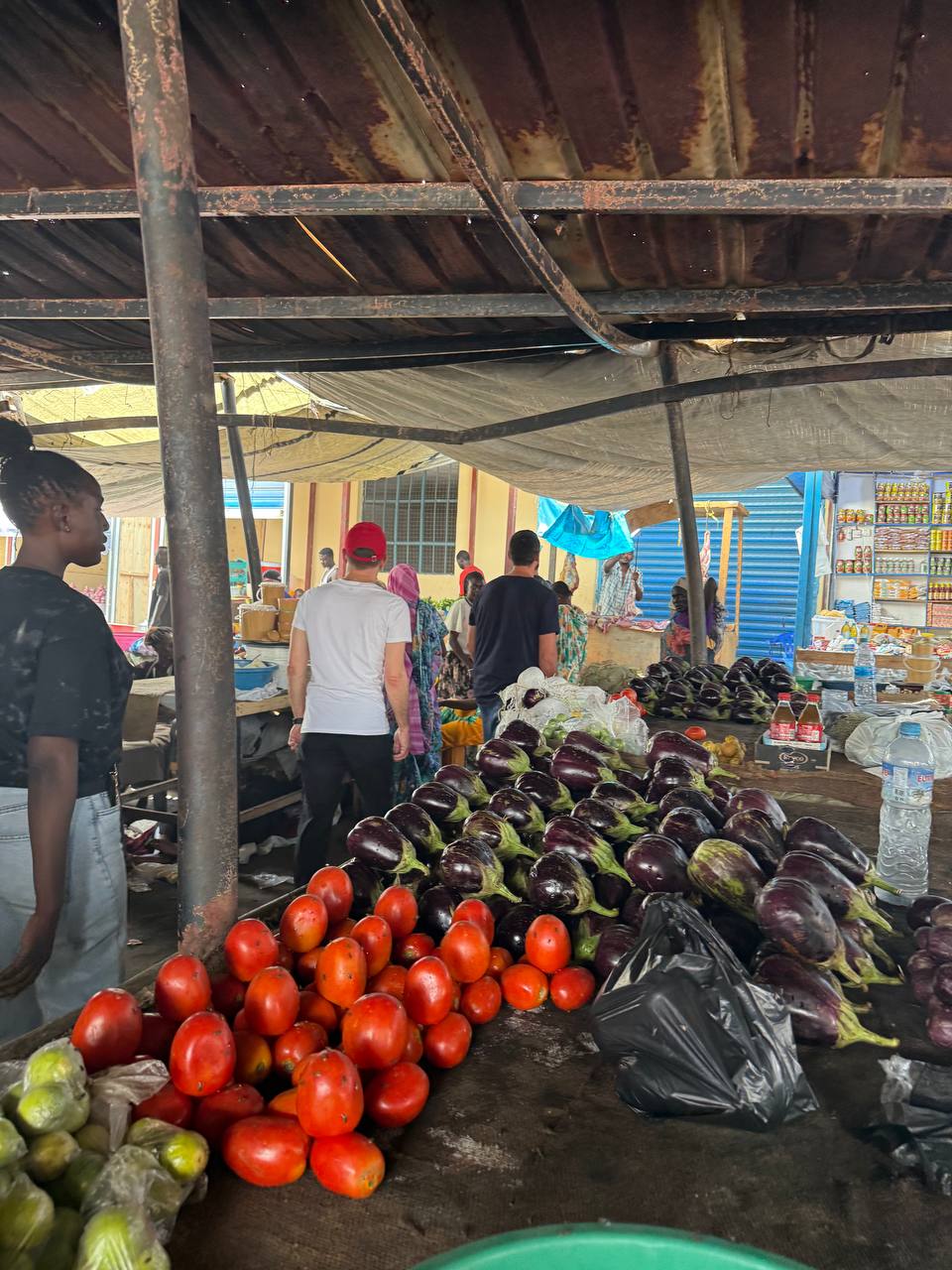
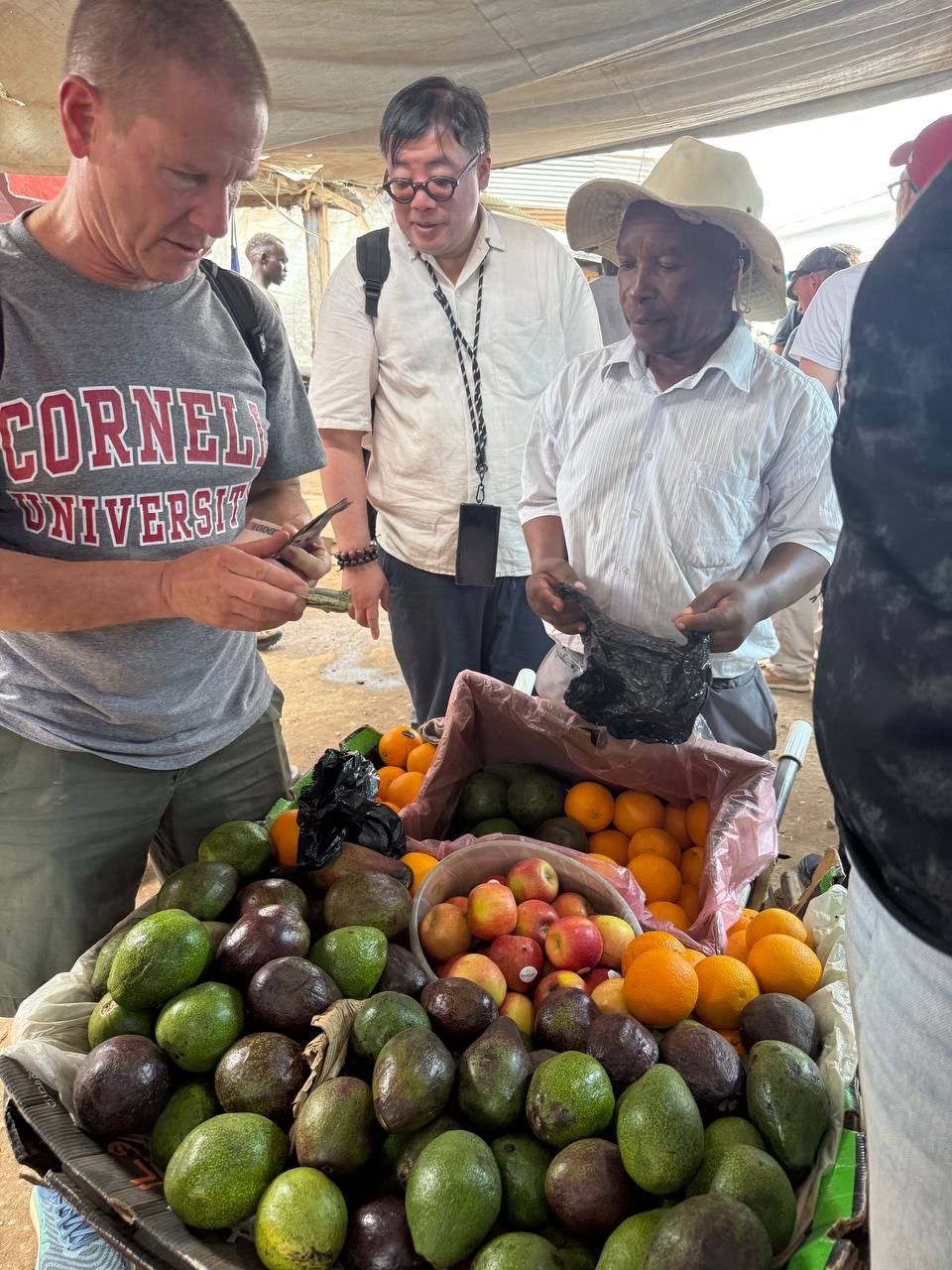
Juba City Guide – Where To Eat
Juba isn’t exactly a culinary hotspot, but there are a few places that can satisfy different tastes, from fast food to more high-end dining. Here’s the rundown:
- Notus: For something on the high end, Notus offers a decent menu of international and local dishes. The restaurant’s ambiance is a step above the usual, but don’t expect anything fancy. It’s good for a sit-down meal after a long day of navigating the city’s streets.
- Comrades: If you’re craving fast food or street food, Comrades is where you want to go. This is your go-to spot for a quick bite that’ll fill you up without breaking the bank. It’s a local favorite and one of the few places that offers a more relaxed vibe, perfect for grabbing a quick snack after a busy day of work or sightseeing.
- Central Market: For street food lovers, head to the Central Market. Here, you’ll find an array of local vendors offering everything from grilled meat to fried snacks. It’s a bustling, crowded area where you can experience the real pulse of Juba. Just be ready for the noise and hustle that comes with it.
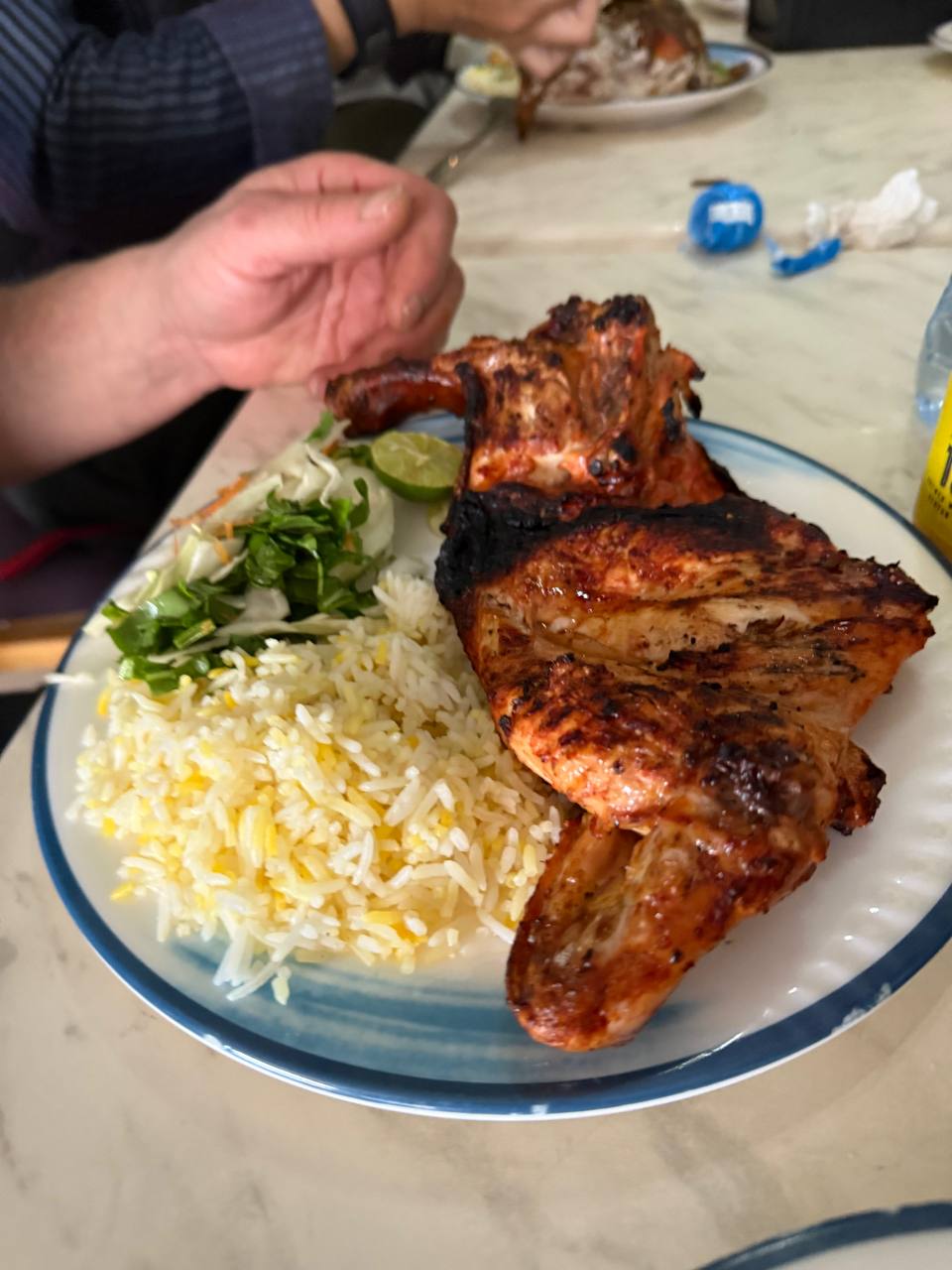
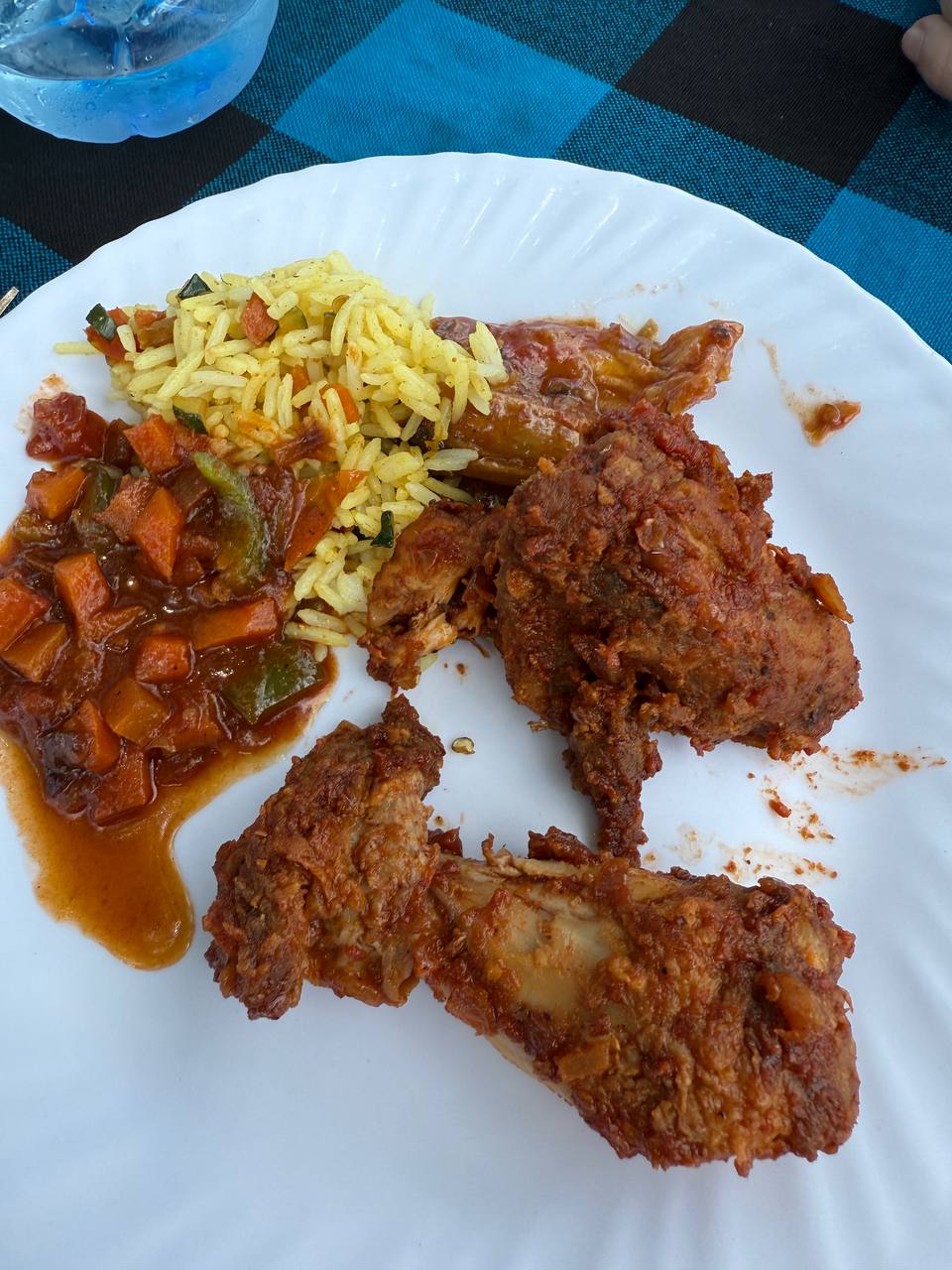
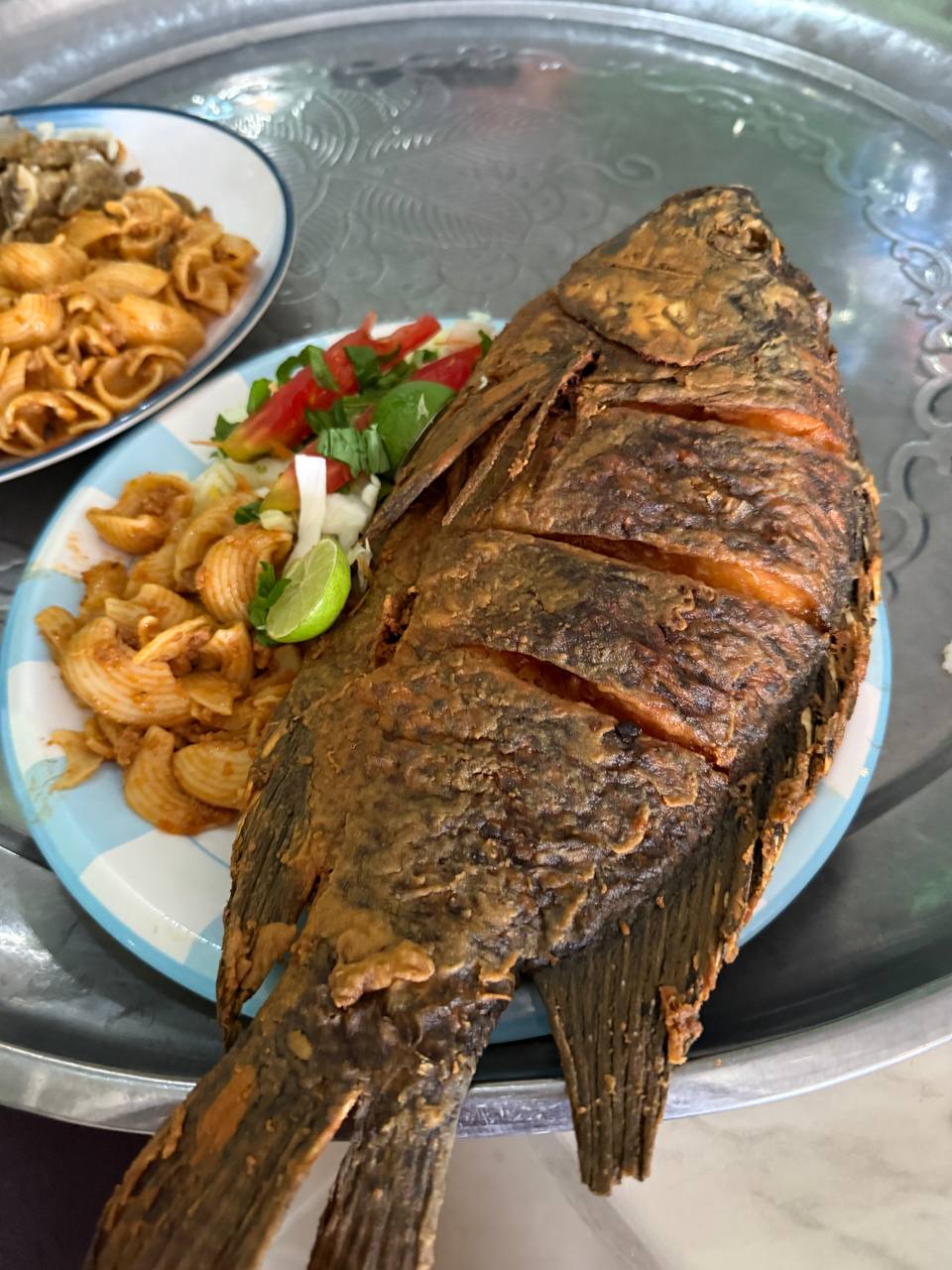
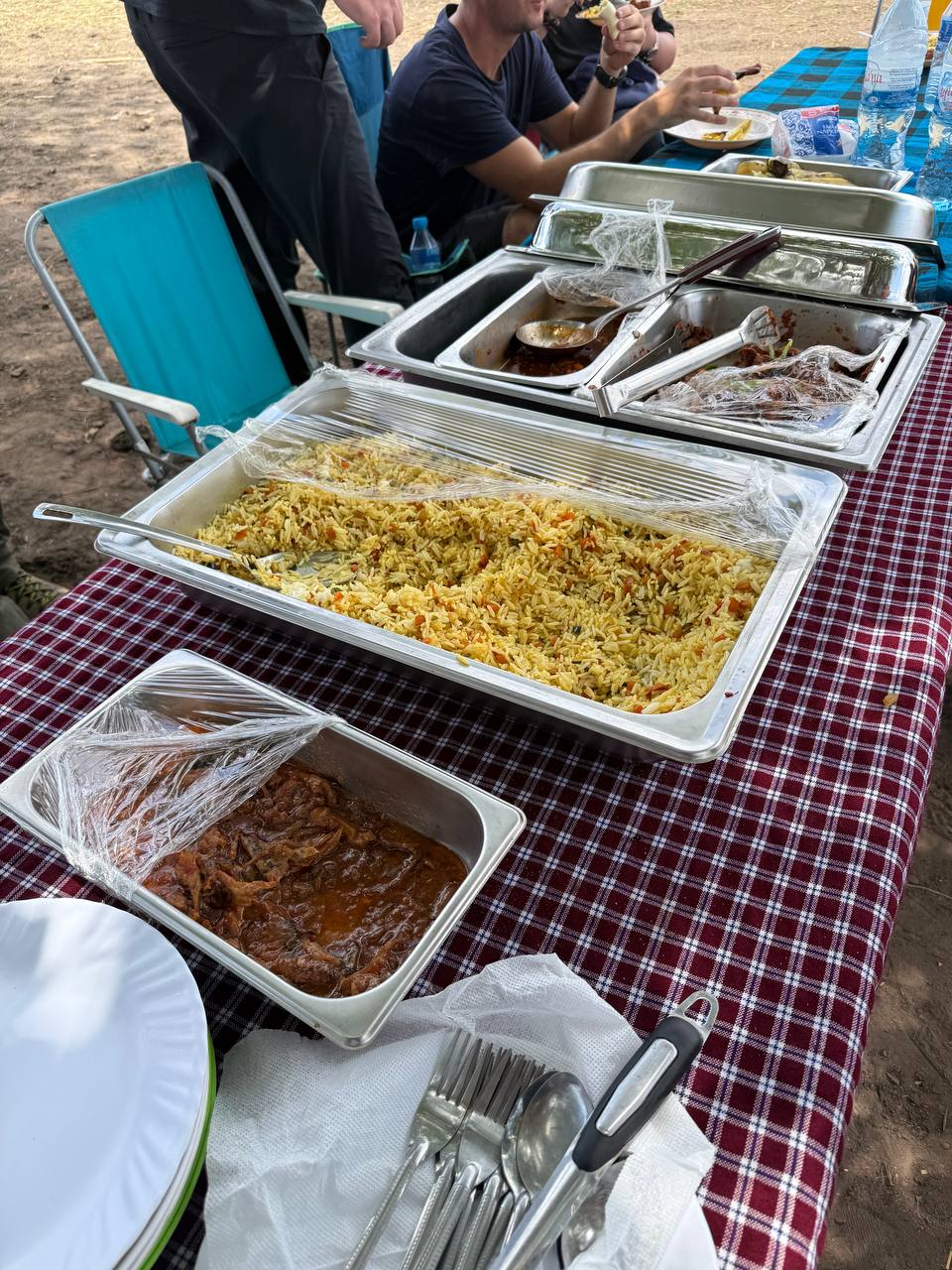
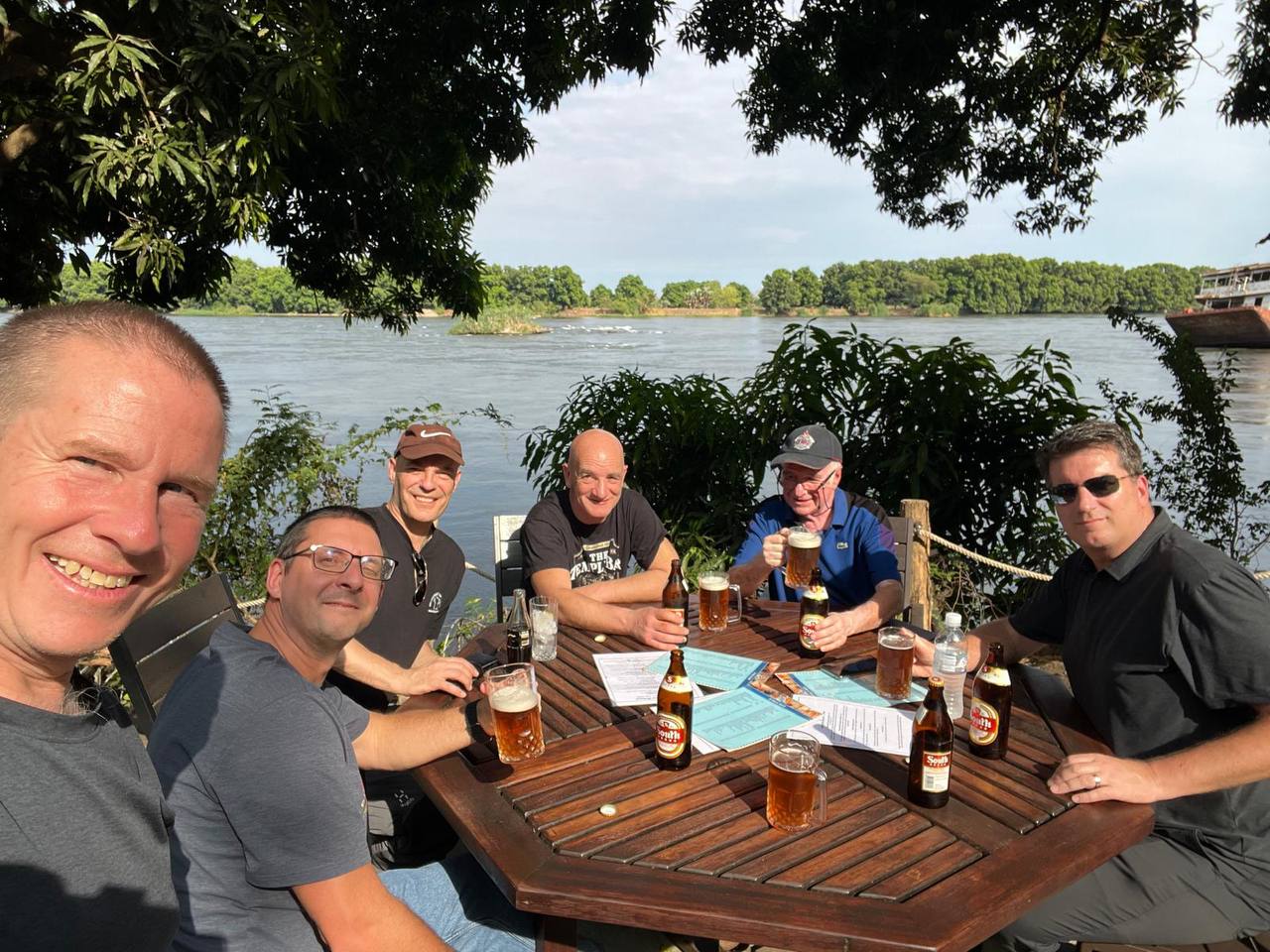
Where to Drink
Drinking in Juba isn’t exactly sophisticated, but there are a few spots where you can unwind with a cold drink, especially if you’re in the mood for a more social experience.
- AFEX: One of the more established drinking spots in Juba, AFEX is where locals and expatriates mingle for cold beers and decent cocktails. The place can get busy, especially on weekends, and it’s one of the few spots in the city where you can enjoy a night out without too much hassle. Don’t expect an upscale bar experience, but the vibe is generally relaxed.
- Pyramid Club: If you’re looking for a place to dance or hang out with the local crowd, the Pyramid Club is a popular spot. It’s more of a nightclub with a rowdy atmosphere, but that’s part of its charm. Drinks are affordable, and the crowd is generally in the mood to let loose. It’s a solid option if you’re in the mood to party and indeed make friends!

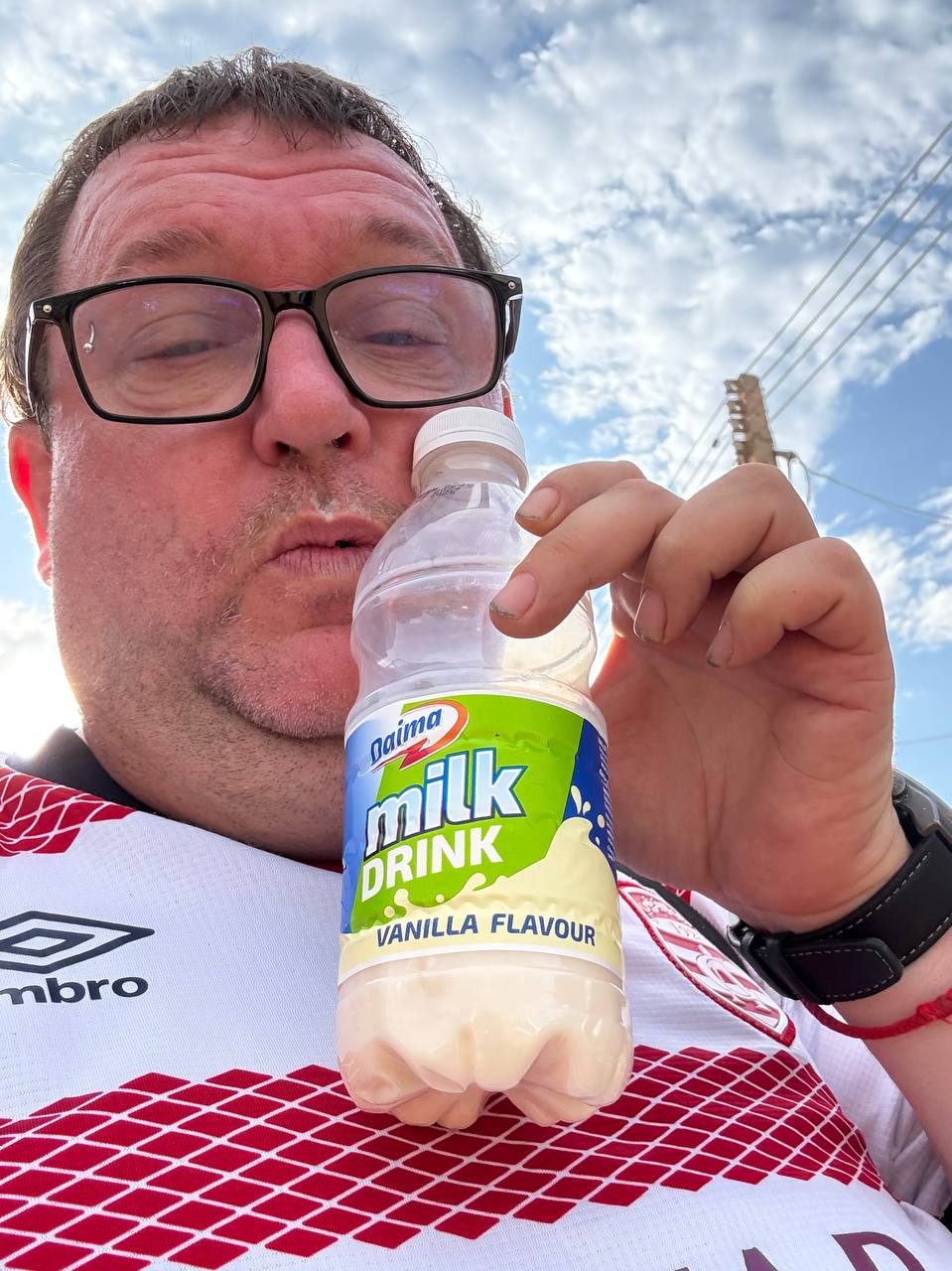
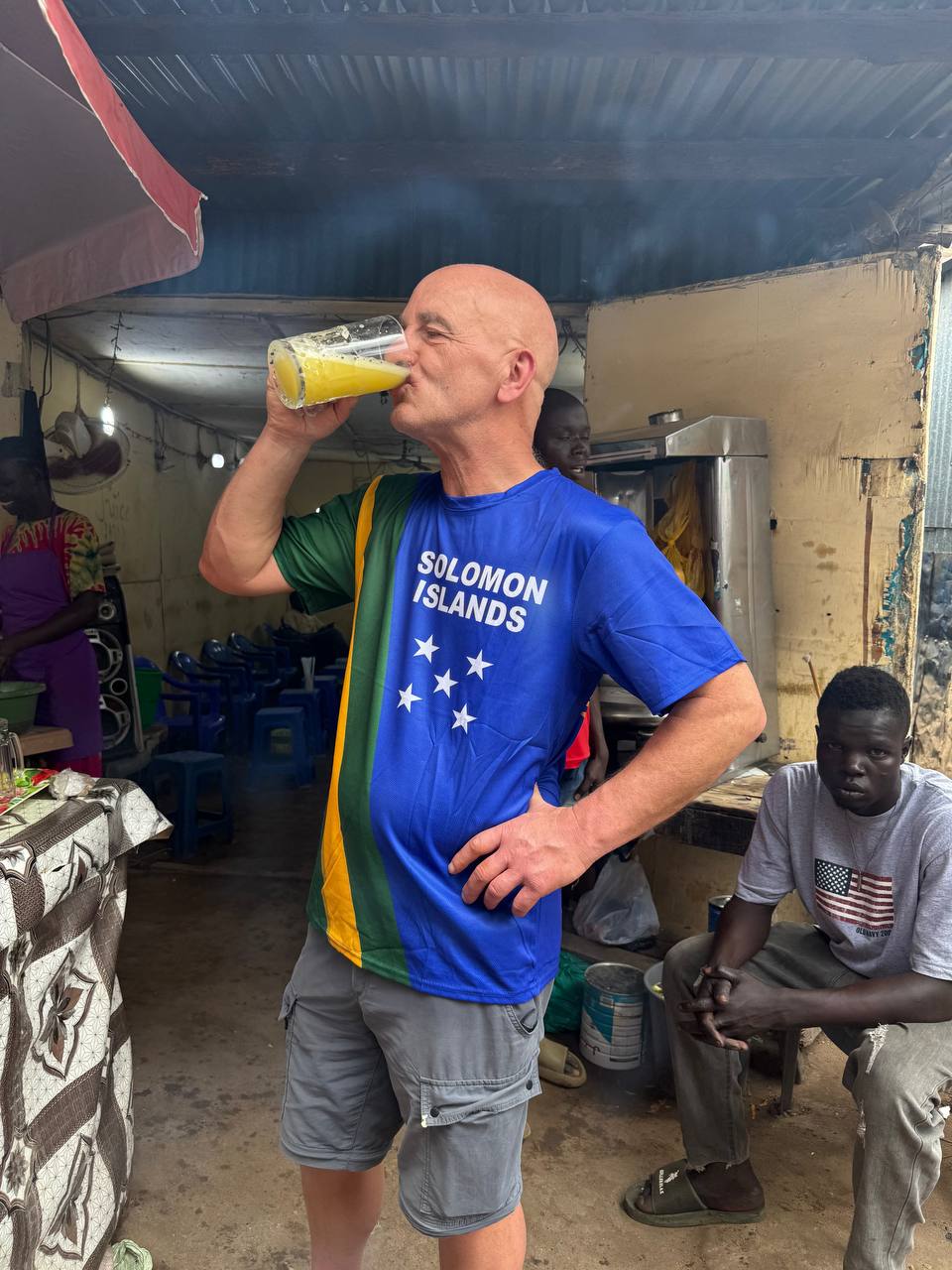
Juba City Guide on Where To Eat
Accommodation options in Juba range from basic to mid-range hotels, with a few high-end options that cater mostly to business travelers and NGOs. It’s not exactly a city full of luxurious resorts, but there are places to crash that won’t make you regret your decision.
- Quality Hotel: The Quality Hotel is one of the better mid-range hotels in Juba. It offers basic amenities and decent service, with a small pool to cool off in after a long day. The location isn’t bad either—it’s fairly central, so you won’t be too far from the action. If you’re looking for comfort without luxury, this is a good pick.
- Other Hotels: There are a range of small guesthouses and hotels scattered around the city, many of which cater to international workers. These can be more budget-friendly but tend to be quite basic. Don’t expect any frills, but they get the job done. Oh there is also a Raddison Blu with a great pool.
Getting In and Out of Juba
Getting into Juba isn’t as difficult as some might think, though it’s still not as straightforward as flying into larger, more touristy cities.
- Direct Flights: Juba is served by Juba International Airport, which connects to various international hubs in East Africa, including Nairobi and Addis Ababa. Several airlines offer flights, including local carriers and international ones. While flights are not frequent, there are options if you’re flying into Juba.
- Buses: There’s a bus station in Juba that connects the city to other parts of South Sudan, but be prepared for long, uncomfortable rides. Due to security concerns and the poor state of infrastructure, bus travel within the country is not always the most reliable. However, if you’re traveling on a budget, it’s an option.
Conclusion
Juba is far from a tourist paradise. It’s a city with a lot of challenges, but also one where you can see the resilience of its people. While it might not offer the glitz and glamour of other capital cities, it does have its own rough charm. The food scene is modest but manageable, the nightlife is basic but buzzing, and the accommodations range from functional to decent. Getting in and out is possible, though not always convenient, and the city’s infrastructure still has a long way to go.
If you’re traveling to Juba, be prepared for a city that’s still in the process of rebuilding itself. It’s not luxurious, it’s not particularly comfortable, but it’s real. And for those willing to deal with the gritty reality of life in South Sudan, there’s something rewarding in the challenge.
Click to check our our South Sudan Tours.





